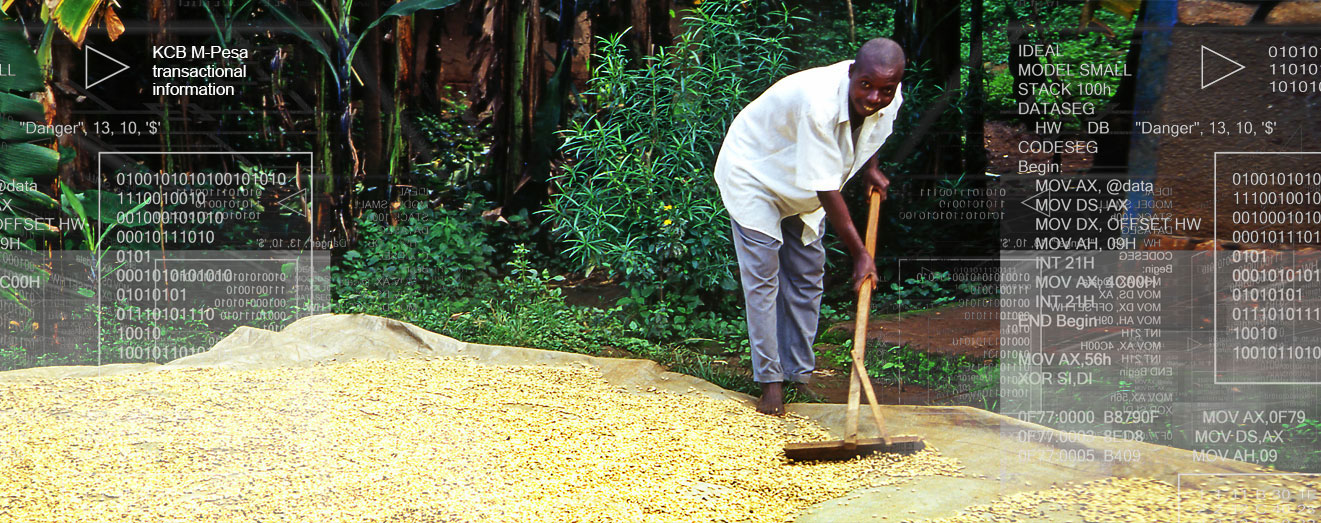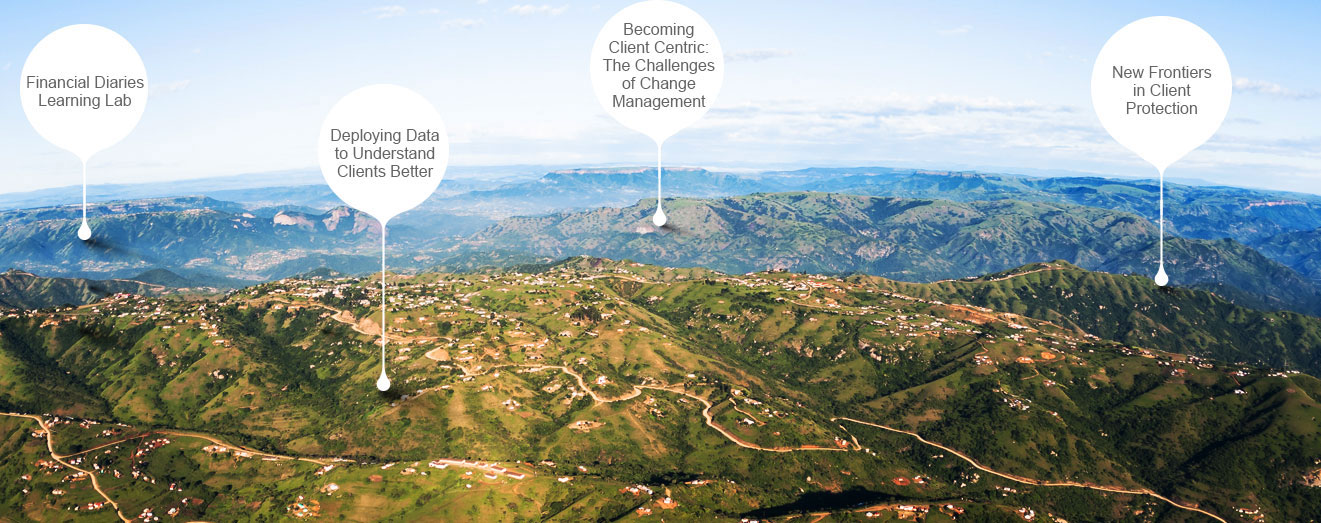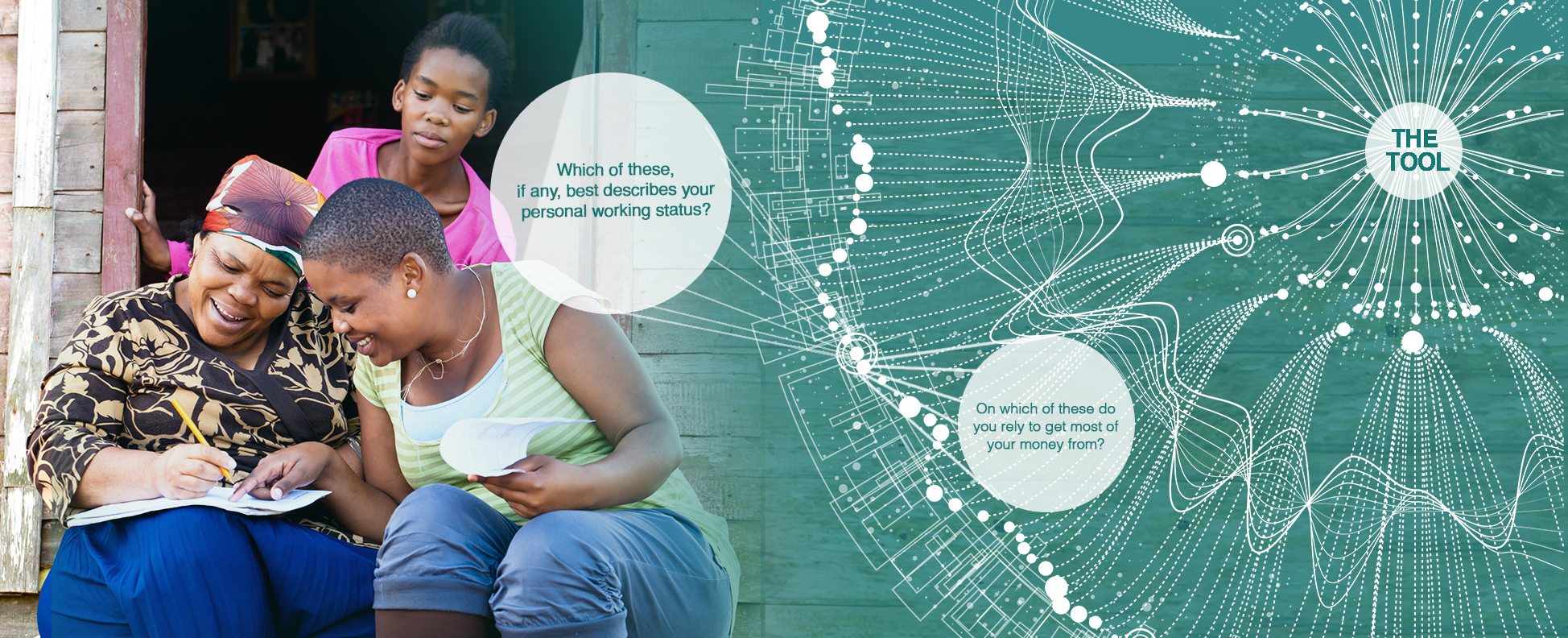
Open finance in Africa: The why and the how for context-appropriate implementation
The promise of open finance has led to a rapid proliferation in countries exploring implementation globally. However, it also comes with costs and risks—particularly as highly sensitive personal information is being made shareable. For African regulators and policymakers, open finance is an important emerging trend that requires a clear understanding










